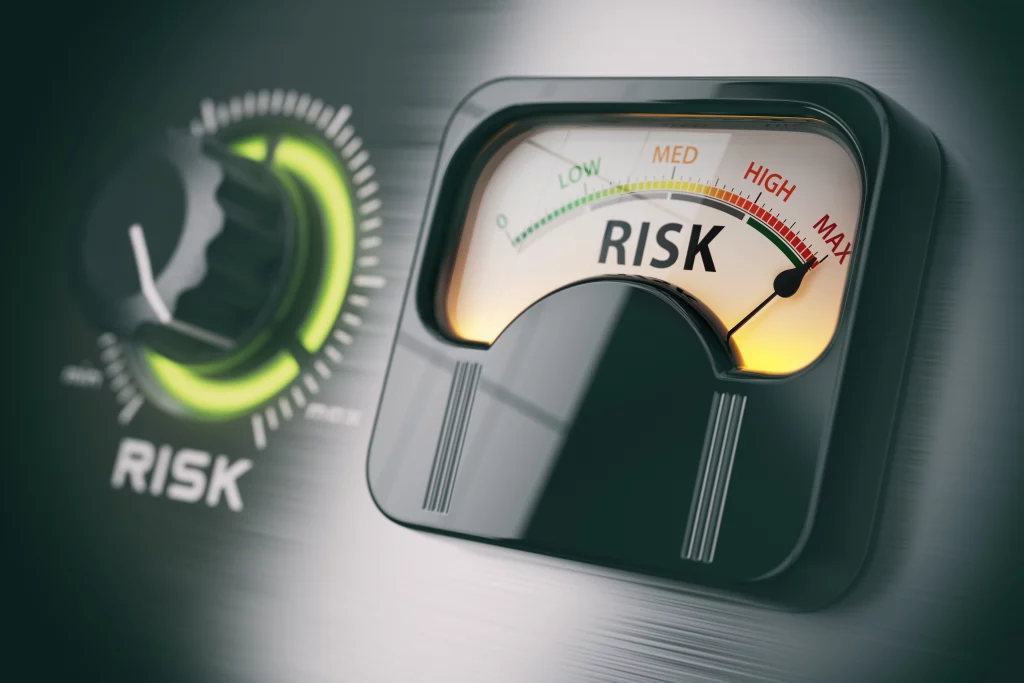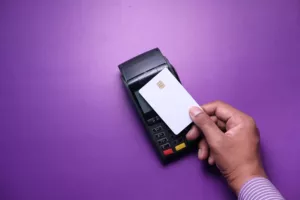Hey there, folks! Scott Waters here. Today, we’re diving deep into the topic of high risk merchant accounts. What are they, and does your business need one? Let’s find out together.
Before we jump in, let me introduce myself. My name is Scott Waters, I have worked with businesses for close to a decade to find the best processing solution for their business. I have helped many high risk merchants like CBD stores, gun shops and more. I understand the ins and outs of the high risk processing space.
What is a Merchant Account?
Let’s start with the basics. A merchant account is like a special bank account for businesses. This is where the money from credit card sales gets deposited before being transferred to your business bank account. It’s an essential part of the payment processing world, especially for businesses that accept online payments.
Stepping Into the High-Risk Zone
Now, imagine you’re a business that sells something a little riskier than the usual stuff. Maybe you’re into online gaming, website development, or sell products internationally. In the eyes of the payment processing world, you’re a high-risk merchant.
High risk? Yes, indeed! You see, these businesses are more likely to experience things like fraud or chargebacks (when a customer disputes a charge and it gets returned). And the banks, they don’t like that. So, they set up something called a high-risk merchant account for these types of businesses.
Understanding High-Risk Merchant Accounts
A high-risk merchant account is pretty much the same as a normal merchant account, but with a few twists. First, you might have to pay higher fees. Remember, high risk means a higher chance of those pesky chargebacks, so the banks charge more to cover themselves.
Second, the bank might hold onto your money for a little longer. This is called a rolling reserve. It’s like a safety net for the bank. If a chargeback happens, they have some of your money to cover it.
Do You Need a High-Risk Merchant Account?
Now, here’s the million-dollar question: Does your business need a high-risk merchant account? If you’re involved in industries like website development, online gaming, travel, or if you just process a lot of online payments and have a high rate of chargebacks, the answer might be yes.
With a high-risk merchant account, you can keep your business running smoothly, accepting credit card payments and online payments, even if your industry is considered a bit risky.
How to Get a High-Risk Merchant Account
Okay, so you’ve decided that a high-risk merchant account is the way to go. You’re all set to brave the high-risk processing waters. But how do you get one of these accounts? Good question, and don’t worry, I’ve got you covered!
First, you need to find a provider who’s willing to work with high-risk businesses. Not all banks or payment processors do. Do some research, talk to your peers, and find a provider that suits your needs.
Next, get ready to share a lot of information about your business. These guys want to know who they’re dealing with, and that means a lot of paperwork. Things like your business plan, financial records, and even your personal credit score could be on the table.
Remember, it’s all about proving to the bank that you’re a safe bet. So be honest, transparent, and ready to show how you manage risks. You may also need to show a bit of patience. High-risk accounts usually take longer to set up than regular ones. But trust me, once it’s done, you’ll be ready to sail those high-risk waters with confidence!
Wrapping It Up
Alright, friends, we’ve navigated the wild waters of high-risk merchant accounts together. These accounts may seem scary, but they’re a crucial tool for many businesses. If your business is in an industry that’s seen as risky, or if you’ve got a high rate of chargebacks, a high-risk merchant account might just be your lifesaver.
Remember, it’s all about understanding the needs of your business and balancing them with the realities of payment processing. So, keep your ship steady, and you’ll sail through these high-risk waters with ease. Until next time!





